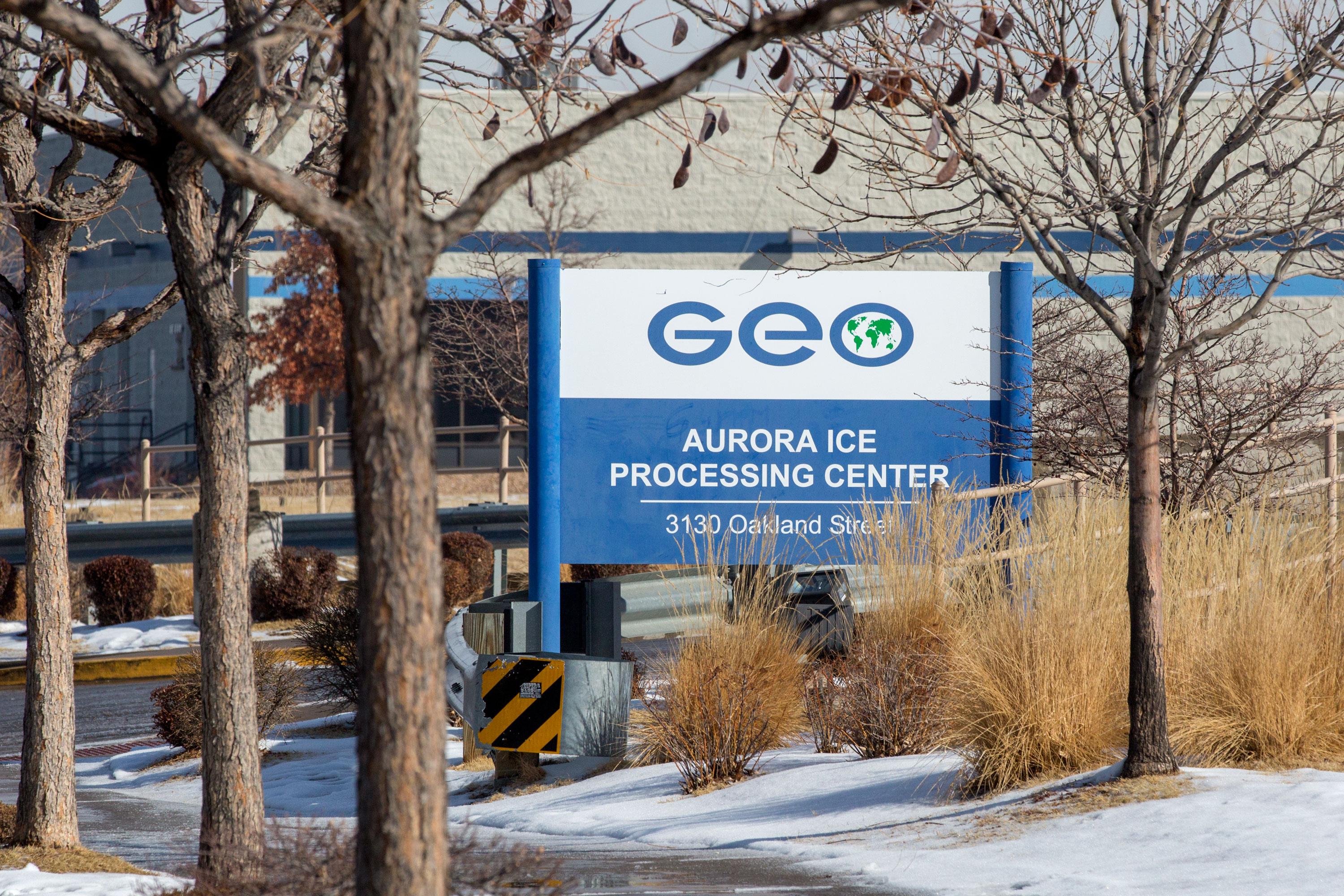

The Department of Homeland Security Inspector General made unannounced visits to four immigrant detention facilities in 2018, including the ICE Processing Center in Aurora.
In its review of the visits, the IG described risks and violations found at all four sites. In Aurora, those included issues with unlabeled food and improper segregation of detainees. Also, the Aurora center doesn’t provide any outdoor space for recreation or allow in-person visitations.
Colorado Democratic Rep. Diana DeGette says that the report shows that detainees at Immigration and Customs Enforcement’s Aurora facility are not being properly cared for.
Aurora Rep. Jason Crow, also a Democrat, has made oversight of the detention facility a focus since he took office in January. He called the Inspector General’s report “deeply disturbing.”
Crow was turned away when he attempted to conduct an unannounced tour of the facility in February. He is now sponsoring a bill that would require ICE detention centers open their doors to members of Congress within 48 hours of a request.
“When we tried to visit the ICE detention center in Aurora unannounced, it was because we were afraid that ICE would put on the window dressing for Congress and, as we see today, it turns out those fears were not unfounded. It’s time we held ICE accountable,” Crow said.
ICE took immediate steps to correct some of the issues, and say they are working to resolve all the problems highlighted in the report.
U.S. Immigration and Customs Enforcement spokeswoman Alethea Smock noted the OIG report found that the Aurora facility far exceeds all recreation requirements of the Performance-Based National Detention Standards 2011.
As for allowing detainees to have in-person visits, Smock said the Aurora center does not have the facility for it. She said, “It is up to the deportation officer to accommodate as best as they can.”
However, the report includes a picture of a room full of tables and chairs at the center and notes “private visitation meeting rooms and [an] open area room for contact visits exist, though the facility does not use them.” Investigators said management told them they didn’t allow detainees to have contact with visitors out of concern for security and contraband. Detainees interviewed for the report “emphasized that contact visits, especially to see their children and other family members, should be allowed.”
The privately run GEO detention center opened a 432-bed annex earlier this year, primarily to hold people picked up at the Mexican border. It has struggled with medical concerns in recent months, with hundreds of detainees quarantined to prevent the spread of mumps and chickenpox.








